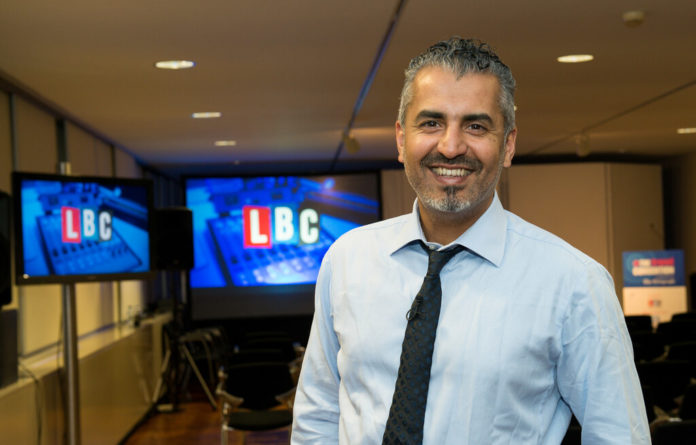An academic at University College London has said that the public shouldn’t trust a Quilliam Foundation report on grooming gangs, and especially its claim that 84% of “grooming gang offenders” are Asian.
Ella Cockbain, a lecturer in Security and Crime Science, rubbished the controversial report which was released in a blaze of publicity last year.
The report was produced by Quilliam’s CEO, Haras Rafiq, and researcher, Muna Adil.
In a series of tweets Cockbain said that it is true that some Asian men have committed horrific sexual offences against children, but that it was time to call Quilliam to account for “shoddy research” and “dubious claims of conclusively irrefutable” overrepresentation of Asian offenders.
Cockbain said that from start to finish the report is a case study in “bad science” which is presented as “academic” and “evidence-based” but which exaggerates its credibility and gives readers false confidence.
Cockbain also claimed:
- There are numerous examples of unsubstantiated, misleading, misattributed, misinterpreted and/or untrue information running through the report.
- It is not clear where Quilliam got its data from as this is never stated.
- The report claims that “the Asian male/white female, perpetrator-victim dynamic is the undeniable prominent feature.” But the data analysis didn’t actually cover victims’ characteristics, so how can such a claim be justified?
- Quilliam’s involvement in the report presents a potential conflict of interest because the more “grooming gangs” are seen as a Muslim problem, the more a “counter-extremism” think-tank stands to gain.
She concluded: “In 2016/2017, the police in England and Wales recorded over 13,000 rapes of children & several tens of thousands of other child sex offences. Only a fraction of child sexual abuse is reported: studies suggest as low as 3-15%.
Subscribe to our newsletter and stay updated on the latest news and updates from around the Muslim world!
“Court data show Asians weren’t overrepresented among roughly 172,000 men and 27,000 women convicted of sexual offences in England & Wales in 2016. More specifically, relative to the general population, Asians were actually underrepresented (at 4%) among the approximately 6,200 defendants prosecuted in 2015/2016 for sexual offences flagged as related to child abuse.
“People often say it’s deflecting to point out that Asians are not overrepresented at national scale. They say categories like all sex offences or even all child sexual abuse are too broad and we need to look at specific subsets. I say, these categories are broad but it’s not deflecting. It’s sensible to look at the most extensive data available. It’s right to put more trust in robust, large-scale, national datasets than patchy, small-scale datasets with limited coverage and a lack of generalisability.
“I think the first thing we all need to do is stop using Quilliam’s dodgy research and its 84% statistic… Thanks in part to uncritical reporting, it seems to have become ‘fact’ by repetition alone.
“When I say Quillaim‘s statistic is not reliable, people often ask what is the ‘real’ statistic? I don’t know. Nobody does. I can’t offer you the statistic you might want, but it’s better not to use one at all than to use one so demonstrably flawed.
“We also need to question the simplistic narrative on ‘grooming gangs.’ It can distort understanding, influence decisions and fuel hate. Most of all, it detracts from the existence, importance and needs of so many victims who don’t fit the stereotypes.
“Yes, we need to tackle child sexual abuse in Asian communities. But we also need to stop scapegoating and start recognising the problem of child sexual abuse in its entirety, complexity and diversity. We need well-informed, well-executed & properly-funded responses to all abuse.”
Quilliam have not responded to Cockbain’s accusations but have said they stand by the report.
Quilliam founder Maajid Nawaz had the following to say:




















